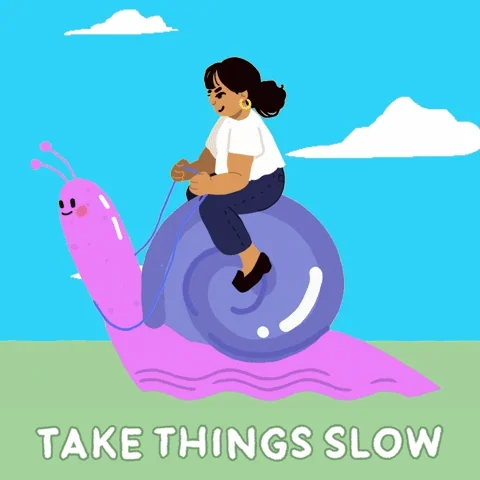Ever sat through a group discussion with something to say, but held back because you weren’t sure if your input was good enough?
 Photo by Felicia Buitenwerf on Unsplash
Photo by Felicia Buitenwerf on UnsplashWhether you're a student struggling to find your voice in class, preparing for college discussions, or want to improve your communication skills for the future, learning how to participate in group discussions at school can make a big difference.
Why Speaking Up Matters
Imagine sitting in class, knowing you have a great point to add but feeling too nervous to speak. Then, someone else says it — and gets all the credit!

Speaking up in discussions isn’t just about participation grades — it’s about overcoming fear, asking questions when something isn’t clear, and standing up for what you believe in, even when it feels uncomfortable. It’s a skill that helps in college, work, and even social settings — from group projects to job interviews.
For many, fear of speaking up comes from different experiences — maybe English isn’t their first language, or they’ve had a bad experience in the past. In some cultures, speaking up isn’t encouraged, which can make it even harder to find your voice.
I used to hold back, but once I learned how to contribute confidently, I realized how much it improved not just my academics but my future opportunities.
Here’s how I did it:

Finding My Voice in Class
I often had ideas during class discussions but felt too nervous to share them. Instead, I’d stay after class to tell my teacher what I thought. They always encouraged me to speak up, but I still hesitated.
Then one day, my teacher called on me unexpectedly. My heart raced, and I wasn’t sure if I was ready. I hesitated for a moment before sharing what I had told them earlier. My words came out shakily, but my classmates listened, nodded, and even added to my idea. That moment showed me that my voice mattered, even if I wasn’t completely confident.
Tips for Speaking Up in Discussions
Speaking up doesn’t have to be scary! The more you speak up, the easier it gets. Taking these small steps helped me:
Listen first. Pay attention to what others say. If you’re not sure what to add, try building on someone else’s point.
Start small. Nod, react, or say something simple like “That’s a good point!” to get comfortable contributing.
Have something ready. Think of one idea or question before class so you’re not scrambling in the moment.
Messing up is okay. No one expects perfect answers. Even if you’re unsure, your thoughts matter!
Use body language. Make eye contact and look engaged — it helps you feel more confident and shows you’re part of the conversation.

The Lasting Impact of Speaking Up
At first, I thought this skill was just about improving my participation grade, but I quickly realized that participating in group discussions went beyond the classroom:
In college: Asking questions made lectures more engaging, and professors started recognizing me. 📚
At work: Speaking up in meetings helped me stand out and gain confidence in presenting ideas. 💼
Socially: Expressing my thoughts clearly made networking and group conversations much easier. 🤝
Every time I spoke up, I built confidence — not just in discussions but in myself.
Quiz
Jordan has great ideas but always hesitates to speak in class. What’s a small step they can take to start participating more?
Take Action

Speaking up is a skill that grows with practice. Start today, and future-you will thank you!
Want to learn more? Check these Bytes out: 💡
Your feedback matters to us.
This Byte helped me better understand the topic.
